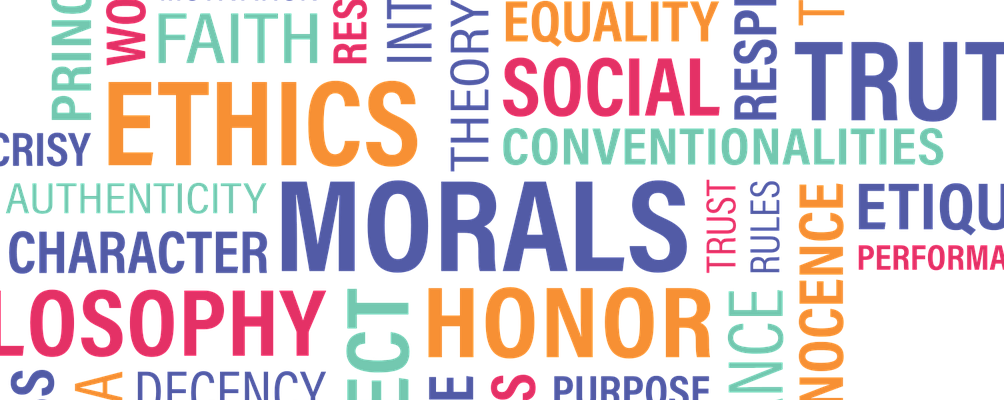
Ethics Challenges in 2024
Today’s business environment is changing and evolving to meet the current events and times. It’s important that from an ethical standpoint, your business ethics policy changes and evolves, too. It is a daunting task to implement an ethics policy, and there are many ethical challenges met along the way. Here are some key points to consider and why an ethics hotline can play an integral part in your company’s HR management.
Growing Need for Environmental Sustainability
Companies embracing environmental sustainability commit to practices prioritizing the planet’s well-being alongside their business objectives. From adopting renewable energy sources and reducing carbon emissions to implementing waste reduction initiatives and promoting eco-friendly products, today’s companies recognize their role in mitigating environmental impact. Embracing sustainability often involves reevaluating supply chains, adopting green technologies, and engaging stakeholders to foster a culture of environmental responsibility. And all of the above can present challenges in ethics and operations.
Social Responsibility Is a Must
Social responsibility in business today entails companies acknowledging and actively addressing their impact on society and the environment. It involves integrating ethical practices, such as fair labor standards, environmental sustainability, and community engagement, into core business operations. Businesses today recognize the importance of giving back to communities, promoting diversity and inclusion, and upholding human rights throughout their supply chains. Socially responsible businesses prioritize transparency, accountability, and ethical decision-making, striving to balance profit generation with positive societal contributions. By embracing social responsibility, companies demonstrate commitment to ethical values, build trust with stakeholders, and contribute to the creation of a more equitable workplace.
Transparency in Governance Matters
Transparency in business governance is crucial for fostering trust, accountability, and integrity within organizations. It involves open communication and disclosure of relevant information about the company’s policies, practices, decisions, and performance to stakeholders, including employees, investors, customers, and the public. Transparent governance processes ensure that stakeholders have access to accurate and timely information, enabling informed decision-making and building confidence in the organization’s operations and leadership. Transparency also promotes ethical behavior, as it encourages accountability for actions and promotes adherence to regulatory requirements and industry standards. Moreover, transparent governance enhances the company’s reputation and credibility, attracting investors, customers, and top talent who value transparency and ethical leadership.
Digital Ethics Risks on the Rise
As companies today increasingly rely on digital technologies and data-driven processes, they face ethical dilemmas related to privacy, data security, algorithmic bias, and the ethical use of emerging solutions and technologies, such as artificial intelligence and machine learning. Ensuring transparency and accountability in data collection, processing, and storage is paramount, as is safeguarding sensitive information against cyber threats and breaches. Moreover, addressing algorithmic biases and ensuring equitable outcomes in automated decision-making processes are ongoing concerns.
Let Ethical Advocate Be Your Guide
Don’t face the ever-changing ethics landscape alone when you can partner with Ethical Advocate, implement an ethics hotline, and leverage a high-value partnership. Contact us to discuss the benefits of an ethics hotline for your business. Let our team guide you through any ethics challenges your organization prepares to face in 2024 and beyond.
